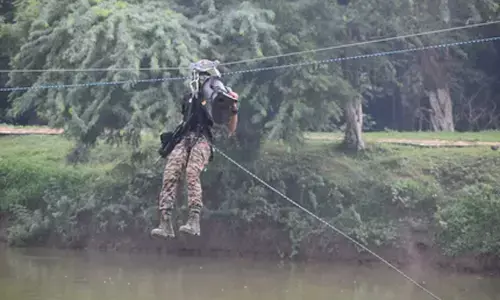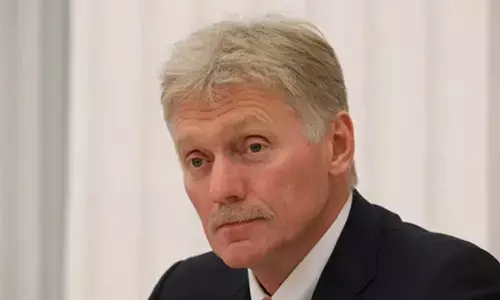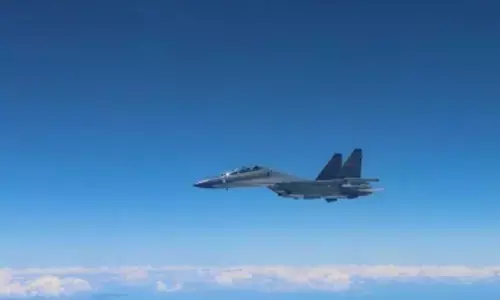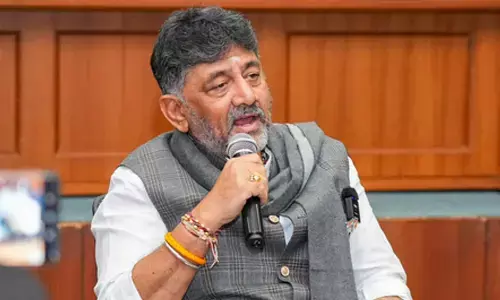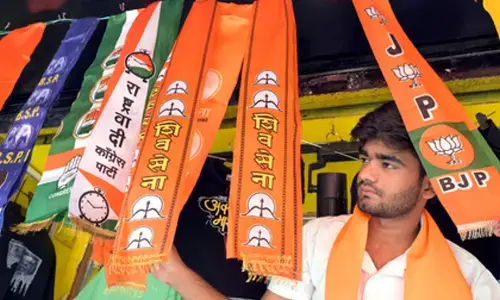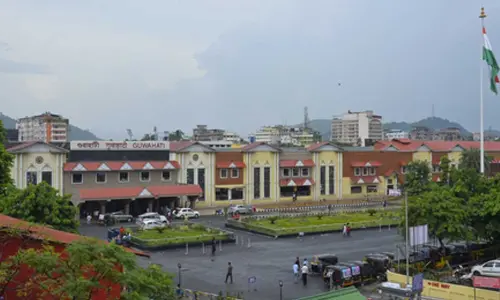Achieving positive outcome at G20 won't be a cakewalk for India
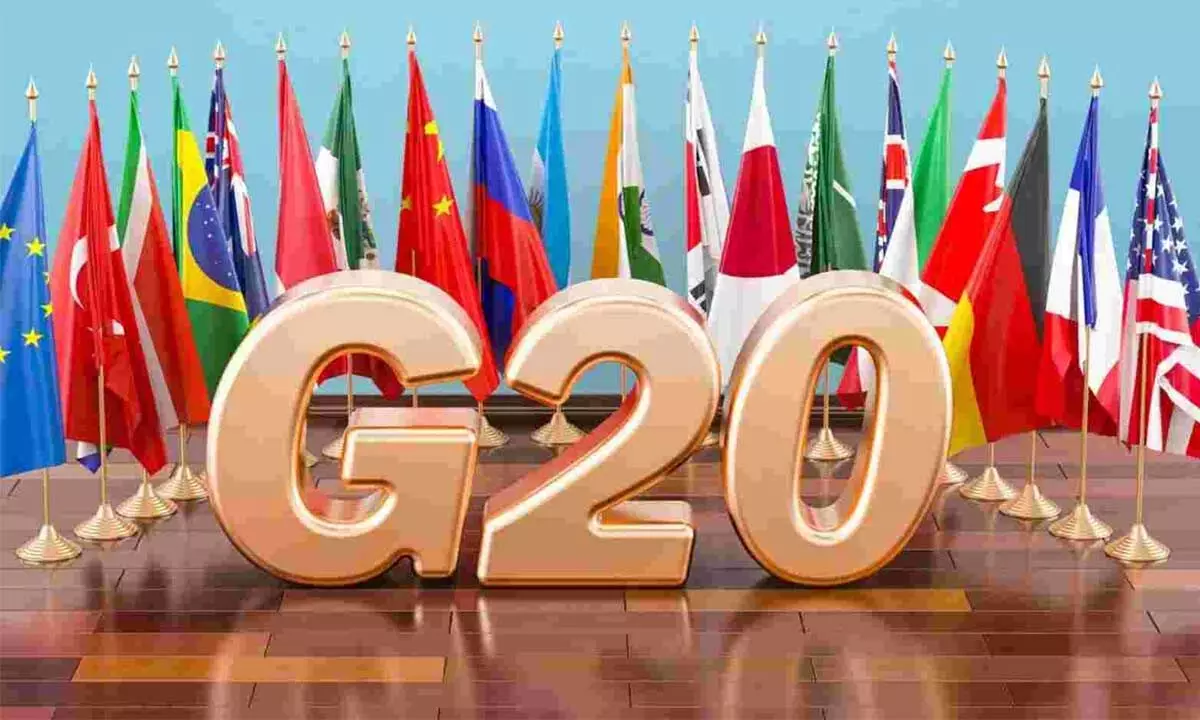
Achieving positive outcome at G20 won’t be a cakewalk for India
Though govt has announced that the theme of the India presidency will be ‘Vasudhaiva Kutumbukam’, the fact is it will be difficult to achieve the goal of unanimity on most issues
Even as the logo and theme of India's presidency of the G20 has been unveiled with fanfare by the Prime Minister Narendra Modi, the reality is that this is not going to be an easy affair. It is a difficult time to assume leadership of this powerful global forum. The world is in a state of flux right now. The Ukraine war is raging unabated, while most countries are facing record levels of inflation and central banks are raising interest rates relentlessly. The geopolitical scenario is not favourable right now and many leading members of the G20 are at odds with each other.
The India presidency which is a rotational tenure, can only be a success if this country manages to bring some amount of cohesion and productivity into its deliberations over the course of next year. On the plus side, India will become part of a troika in December when it takes over the leadership from Indonesia. The past, present and future presidencies form this troika which will comprise of developing countries for the first time. Indonesia, India and Brazil will assume this charge and are expected to involve many other emerging economies that are not a part of the G20 currently in the year-long discussions.
Other members of the 19 member group are Argentina , Australia, Canada, China, France, Germany, Italy, Japan, South Korea, Mexico, Saudi Arabia, South Africa, Turkey, the US, the UK, the European Union, and Russia. The focus of the G20 was originally on macro-economic issues and its formal title remains the 'Summit on Financial Markets and the World Economy.' But the brief has now been altered and it can discuss any contemporary issues.
Obviously contentious issues like negotiations to resolve the Ukraine war may not be on the agenda but there are many crucial developmental areas where concrete results can be achieved on this platform. India is clearly looking to achieve some measure of success in such sectors. The first is in climate change where a greater impetus can be given to both financing and technological support for achieving climate goals in poorer countries. These are issues that were discussed at the Glasgow COP and are now being taken forward at the present one at Sharm el Sheikh. Progress has been made with an agreement to discuss a mechanism to compensate poor countries for climate disasters. It is in areas like these that India can seek greater cooperation within the G20 which comprises of leading economies that can potentially help such proposals get off the ground.
Another key area where India's leadership of the G20 assumes significance is in the ambit of the digital economy. This country has already been recognised as an innovator in the field of online finance. Both the International Monetary Fund and the World Bank, for instance, have commended the online direct benefits transfer system that has brought relief to weaker sections of society without any leakages in the process. Other emerging economies could potentially use it as a model for similarly ensuring that subsidies reach target beneficiaries in a seamless manner.
The multilateral financing agencies have also carried out studies on the success of the India Stack, the multilayered digital identity, payment and data management system. The key elements of the stack are digital identity through Aadhar, as well as the unified payments interface (UPI) which enabled even those without bank accounts to receive funds through digital wallets. It is clear that efforts will be made to bring Digital India to the world through the large economies that are G20 members.
The issue of health and building adequate infrastructure to deal with crises like pandemic is reported to be another focus area for the India presidency. The digital aspect is bound to be highlighted in this context as well. It is with these digital tools that this country was able to achieve the gigantic task of vaccinating the entire 1.4 billion population. There were undoubtedly numerous weaknesses in the handling of the pandemic such as stringent lockdowns that affected migrant workers and the inability of health infrastructure to tackle the destructive second Covid wave. These failures cannot be wished away but on the plus side, India was able to gear up industry to manufacture PPE equipment within months and its vaccine manufacturers were able to meet the challenge of supplying both domestically and to the world.
Though the government has announced that the theme of the India presidency will be Vasudhaiva Kutumbukam (the world is one family), the fact is it will be difficult to achieve the goal of unanimity on most issues. The intent is thus likely to be to focus on developmental goals that have a global resonance. Apart from the three key areas mentioned above, there are a whole host of issues that are also on the agenda including women's empowerment and multilateral reforms. It has to be remembered that this is a grouping that comprises 85 per cent of the world's GDP and 75 per cent of global trade.
It thus becomes one of the most powerful international forums. It is for India to ensure that the year-long presidency does not get bogged down by the antagonism between Russia and western nations. Instead, it will have to make strenuous efforts to ensure that there are concrete positive outcomes, especially in areas of critical importance for economies that are struggling in the wake of the pandemic and the disruptions caused by geopolitical conflicts.








